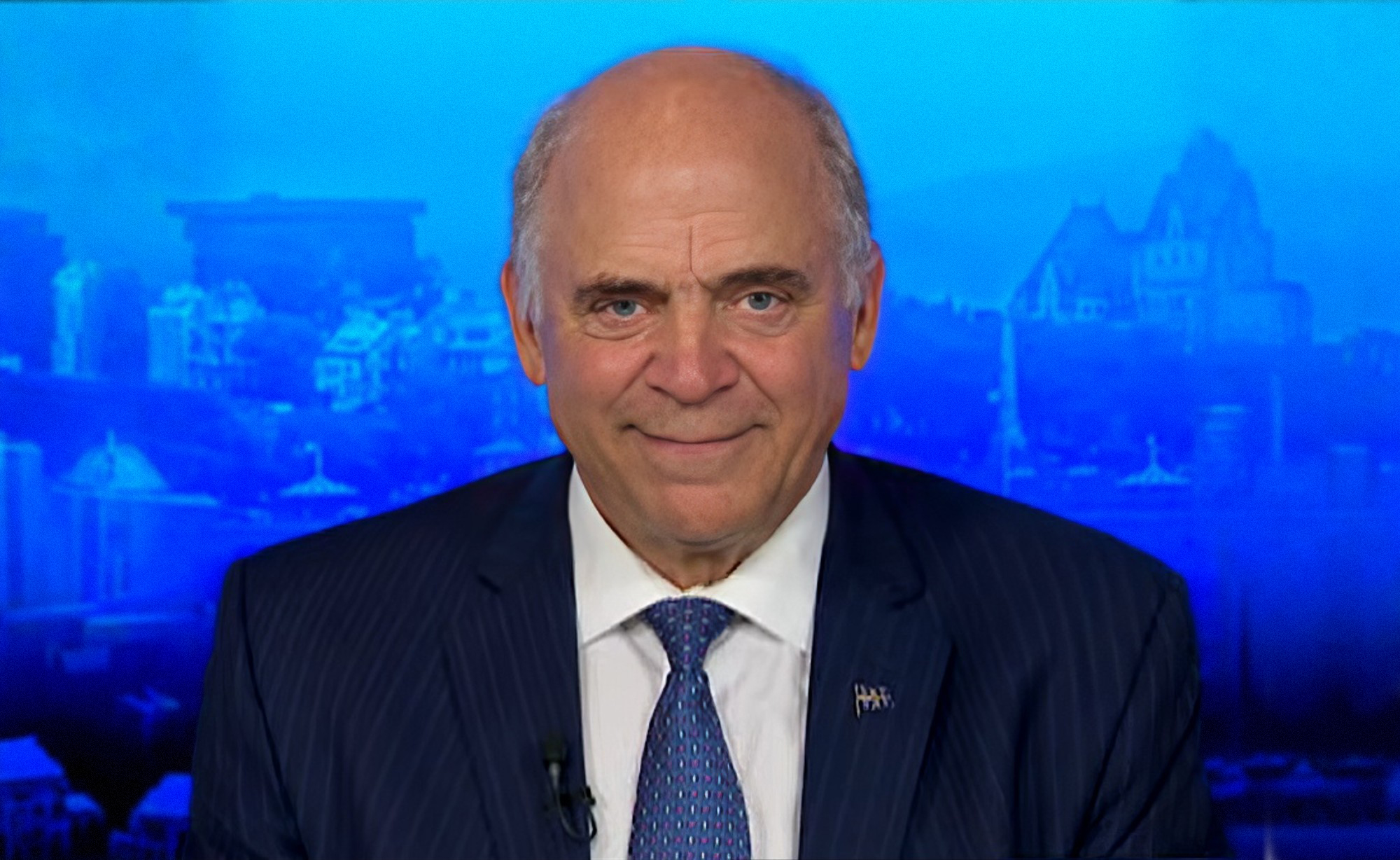With his party experiencing a significant drop in the polls, CAQ "superminister" Pierre Fitzgibbon has announced his decision to leave political life after completing half of his mandate. The former accountant presented his resignation last week to his former HEC classmate, Quebec's Premier François Legault, before announcing it to his constituents in Terrebonne. This choice illustrates the political career of this businessman, indebted first and foremost to oligarchs and other wealthy entrepreneurs.
In 2021, when he was Minister of the Economy in the CAQ government, Fitzgibbon was at the heart of a corruption scandal. The accountant had invested public funds in two companies in which he himself was a shareholder. One of them, White Star Capital, known for its activities in tax havens, had received a $25 million investment from the government.
Two years earlier, in 2019, Pierre Fitzgibbon had introduced White Star Capital's CEO to François Legault during a trip to Paris. At the time, the superminister already owned investments in one of the company's funds.
The Ethics Commissioner had ordered him to sell his shares, failing which he would find himself in a conflict of interest situation deemed unacceptable. Instead of accepting, Fitzgibbon chose to temporarily withdraw from his position as Minister.
Stating that he did not wish to “harm” the CAQ's image, the super-minister also mentioned that strict compliance with the National Assembly's ethics rules would force him to divest himself of a good portion of his investments.
François Legault defended his friend, claiming that "everyone in business respects Pierre Fitzgibbon." He even said he wanted to review the ethics rules of the National Assembly to accommodate the minister.

The beginning of Hydro Quebec's privatization legacy?
Fitzgibbon left politics after tabling Bill 69 on energy, which opened the door to privatization in the electricity sector. The bill reflects the general aim of his career: to give his CEO friends more opportunities to enrich themselves with the help of public institutions.
Bill 69 would allow the sale of electricity by companies other than Hydro Quebec. While it is permitted to generate electricity for one's own consumption, it is forbidden to sell it. However, Bill 69 opens the door to the sale of electricity between two economic players, provided they occupy “adjacent” premises.
With his bill, Fitzgibbon also wants to give the government the power to allow certain electricity producers to export their energy without having to sell it to Hydro Quebec.
Denis Bolduc, general secretary of the Quebec Federation of Labour, strongly criticized this approach. In a press release, he said: "Bill 69 jeopardizes the survival of Quebec's social safety net, and we cannot endorse this approach. Collectively, we have a duty to leave future generations a coherent and sustainable energy policy."


